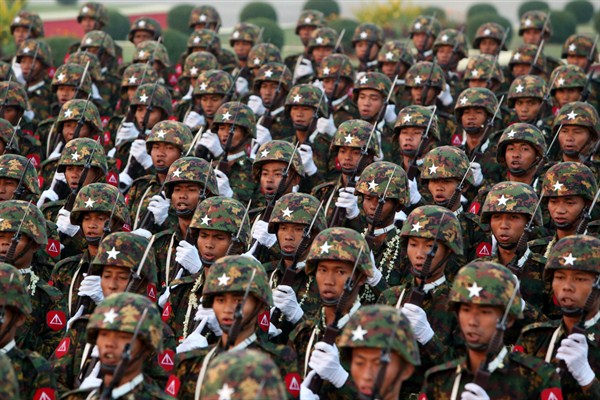Last week, the United Nations’ independent fact-finding mission on Myanmar released a new report that documents the economic interests of the Myanmar military and the global network of countries and companies that are financing the country’s genocidal “clearance operations” against the Rohingya, a predominantly Muslim ethnic minority. The report urged U.N. member states to impose an arms embargo on Myanmar and financial sanctions on the country’s military-owned companies. But according to David Scott Mathieson, a Yangon-based independent analyst who focuses on a range of human rights, conflict and peace issues in Myanmar, the mission’s findings are unlikely to significantly alter the status quo. In an email interview with WPR, he explains why.
World Politics Review: What are the most important takeaways from last week’s report by the U.N. fact-finding mission on Myanmar?
David Scott Mathieson: The U.N. fact-finding mission has produced a very comprehensive report into the economic interests of the Myanmar military, outlining the structure of the country’s military holding companies—the Union of Myanmar Economic Holdings and Myanmar Economic Corporation—and their involvement in a range of businesses including jade and gem mining, as well as their partnerships with other companies both in Myanmar and overseas. Many of these activities have been well established and documented for over two decades. There is not much that is new in the U.N.’s report, but it does provide a detailed guide to the extent of the military’s business interests.

